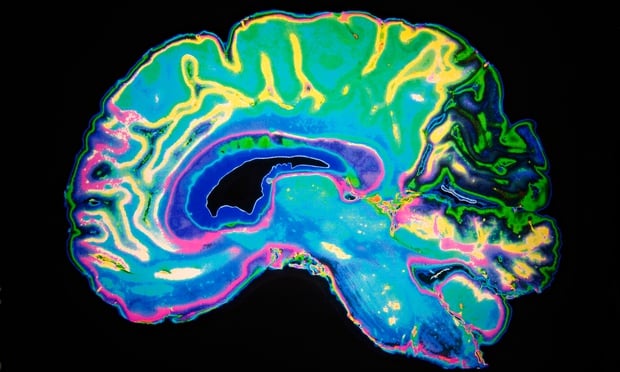The Importance of Early Exposure To Language
Did you ever really forget your formerly-studied foreign language in the first place, or was the brain just storing that information away for future use?
Anyone who has ever learned a language, seemingly forgotten it, and years later traveled to a country where that language is spoken is familiar with the experience of having everything you once knew come rushing back. We know the brain is adapt at retaining our unused language skills, whether we are consciously aware of it or not. Moreover, a recent study conducted at the Montreal Neurological Institute at McGill University has shown that our lingering memory of early-life languages is more complex and subtle than previously thought.
According to brain scans taken of Chinese children who were adopted by Canadian parents and raised in solely French-speaking households, while they do not consciously recognize the language, they are able to discern three-syllable Chinese words from nonsense sounds hummed in similar tones. Even more fascinating is the way their brains responded to hearing Chinese spoken conversationally; MRI scans showed that the brains of adopted children who had been exposed in early life to Mandarin showed similar patterns of activity as children who were bilingual in both Chinese in French. Contrary to expectations, their brain activity did not at all resemble that of monolingual children who had been raised solely in French-speaking households. In the particular case of this experiment, the Chinese adoptees hadn’t heard Chinese spoken in over 12 years.
What does this suggest about the brain and its role in language-learning? For one thing, the human potential for retaining methods of communication is more extensive than we’d ever imagined. However, as this study is still in the beginning stages, it raises more questions than it answers. Does this mean that children with lingering memories of understanding Chinese are better equipped than others to learn the language from scratch later in life? Does it make them more adept at learning languages in general, since their brain already responds to two different groups of language? Will it positively affect their performance in reading and writing focused subjects at school? What are the long-term cognitive effects?
The one sure conclusion from this study is that early exposure to languages is now considered more important than ever for parents who want to give their children skills that they will be able to build off of for years. And the benefits of knowing multiple languages aren’t even restricted to children – adults of all ages show increased cognitive skills and problem-solving capabilities when they start learning a second language. And as our understanding of the unconscious develops, it’s possible that we will soon be able to map out the ways our language skills resonate throughout our lives.
If you’re eager to get started learning a new language, or perhaps brush up your skills on an old one, send us an inquiry and we’ll get you on your way. Also, you can take a look at our free online language level tests to see what best appeals to you.


